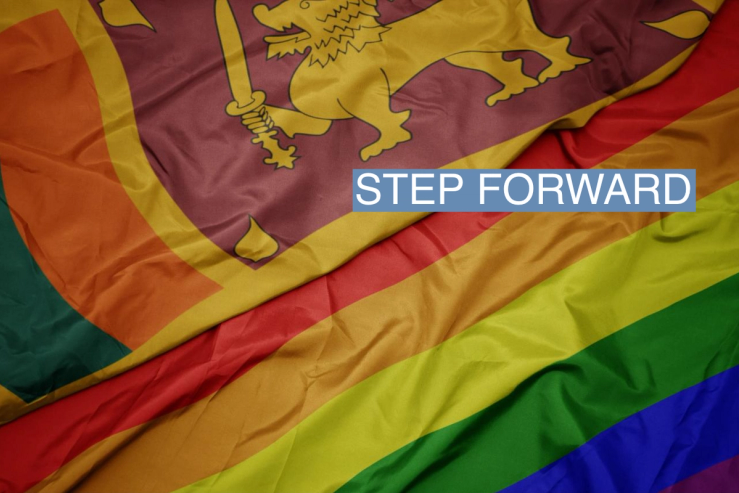The News
Sri Lanka said it will decriminalize gay sex, which is currently punishable by up 10 years in jail under a colonial-era law.
The government said it will support a Private Member bill, according to Sri Lankan outlet The Morning, but will not take the additional step of legalizing same-sex marriages.

In this article:
Know More
On Twitter, the Sri Lanka Campaign, a peace and justice organization, called the move a “vital” first step, but noted there’s a long way still to go.
The country promised in 2017 that it would reassess its ban on homosexuality, following criticism from the United Nations, after previously resisting calls to update its penal code.
The governments of several Western countries, including Canada, Norway, and the U.S., recently urged Sri Lanka to follow through on its pledge.
The government “will support” the private member’s bill in “decriminalising same-sex relationships,” said Foreign Minister Ali Sabri, according to The Morning. “We are, however, not legalising same-sex marriages. But, we would decriminalise it. I think that there is a lot of consensus for that, so let that come to Parliament.”
Laws banning homosexuality are a legacy of British colonialism: Around two thirds of the countries where same-sex relationships are deemed illegal were previously under some form of British rule, the BBC reports.
The View From India
In 2018 India repealed its colonial-era law banning homosexuality in a milestone moment for activists who had been advocating for change for years. Late last year four gay couples launched a new lawsuit to recognize same-sex marriages, which remain illegal.
Other LGBTQ+ rights have expanded in India in recent years: In 2014, the country’s Supreme Court recognized transgender people as a third gender.
But Prime Minister Narendra Modi’s Hindu nationalist government actively opposes gay marriage legalization.
The View From Singapore
Singapore repealed its longstanding ban on gay sex late last year, but same-sex marriage remains illegal. Changes to Singapore’s constitution have actively blocked the latter.
The government’s change was still a relief for residents. Roy Tan, a Singaporean doctor, told AFP in November the move was “the birth of a new chapter in the history of Singapore’s LGBT community.”

